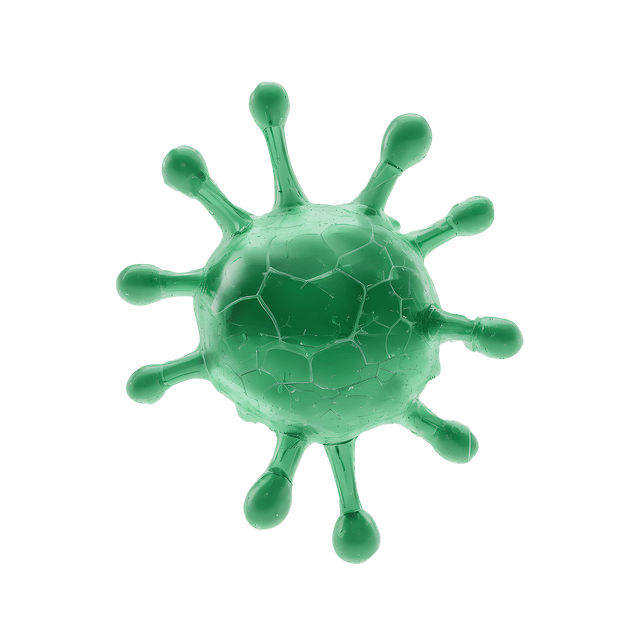What is zinc?
Zinc is an important cofactor for many enzymes in the body, meaning it is necessary for their function. This includes enzymes involved in the metabolism of carbohydrates, lipids, proteins and DNA.
Zinc is important for a strong immune system because it plays a role in the formation of white blood cells that fight infection. Zinc deficiency can reduce the immune system's ability to fight infections.
Zinc is important for vision because it is a component of a protein found in the eyes (called rhodopsin), and for wound healing because it is necessary for cell growth and repair. A zinc deficiency can delay wound healing and reduce the ability to feel taste and smell as it is involved in our sense of taste and smell.
Zinc – important for testosterone production
The production of testosterone also needs an adequate level of zinc to function properly. Testosterone is a hormone that is important to both men and women, but is produced in greater amounts in men. Testosterone is necessary for muscle growth, bone health, sexual function and general health and well-being.
Research has shown that zinc deficiency can lead to reduced production of testosterone and that zinc supplementation can increase testosterone levels in zinc-deficient men. However, there is also a limit to how much zinc can positively affect testosterone production, and high doses of zinc can lead to negative side effects.
In summary, zinc and testosterone have a connection in that zinc is important for the production of testosterone and a lack of zinc can lead to reduced levels of testosterone.
Why analyze zinc?
The zinc analysis can be used to assess the status of zinc in the body. Zinc deficiency can lead to a variety of health problems, including impaired immune function, impaired wound health, impaired fertility, and stunted growth in children.
The zinc analysis can also be used to diagnose diseases and conditions where zinc may play a role, such as acute diarrhea, chronic liver disease, celiac disease and Wilson's disease.
The zinc analysis can also be used to monitor the treatment of diseases involving zinc deficiency, such as malabsorption syndrome and cystic fibrosis.
Thus, zinc analysis is a useful test to assess the levels of zinc in the body and identify any deficiency or excess. It can also be used for diagnostic purposes and to monitor treatment of diseases involving zinc deficiency.
What can a low zinc value be due to?
A low zinc value in the body can be due to several different factors. Here are some possible causes of zinc deficiency:
- Inadequate intake: If a person's diet does not contain sufficient amounts of zinc, it can lead to zinc deficiency.
- Malabsorption: Certain diseases or conditions, such as inflammatory bowel disease, celiac disease and short bowel syndrome can cause impaired absorption of zinc in the gut.
- Alcoholism: People who consume large amounts of alcohol may have a higher risk of zinc deficiency, as alcohol reduces the absorption of zinc and increases the excretion of zinc through the urine.
- Increased zinc loss: Certain conditions can increase the loss of zinc from the body, including increased sweating, diarrhea, kidney disease, and the use of certain medications.
- Increased need for zinc: Some people may have an increased need for zinc, including pregnant women, breastfeeding women, infants and people with certain diseases, such as HIV / AIDS.
- Genetic factors: Certain genetic diseases can lead to reduced absorption or metabolism of zinc in the body.
- Vegetarian or vegan diet: People who eat a vegetarian or vegan diet may have a higher risk of zinc deficiency, as plant foods do not contain as much zinc as animal foods.
It is important to note that some symptoms of zinc deficiency, such as decreased appetite, impaired sense of taste and fatigue, may be non-specific and may have other causes.
What can a high zinc value be due to?
A high zinc value, or zinc toxicity, is unusual and can usually only occur through excessive intake of dietary supplements containing zinc, which can cause acute or chronic poisoning. Other possible causes of high zinc levels in the body include:
- Industrial exposures: Workers exposed to high levels of zinc dust or zinc fumes may absorb too much zinc into the body.
- Genetic factors: Rare genetic diseases such as Wilson's disease and acrodermatitis enteropathica can cause an accumulation of zinc in the body.
- Kidney disease: People with kidney disease may have difficulty excreting zinc, which can lead to higher zinc levels in the body.
Symptoms of zinc toxicity can include nausea, vomiting, stomach pain, headache, dizziness and fatigue. Long-term high zinc levels can damage the liver and kidneys, reduce levels of copper in the body and cause anemia. If you suspect that you have high zinc levels in your body, it is important to consult a doctor to determine the cause and receive appropriate treatment.

















